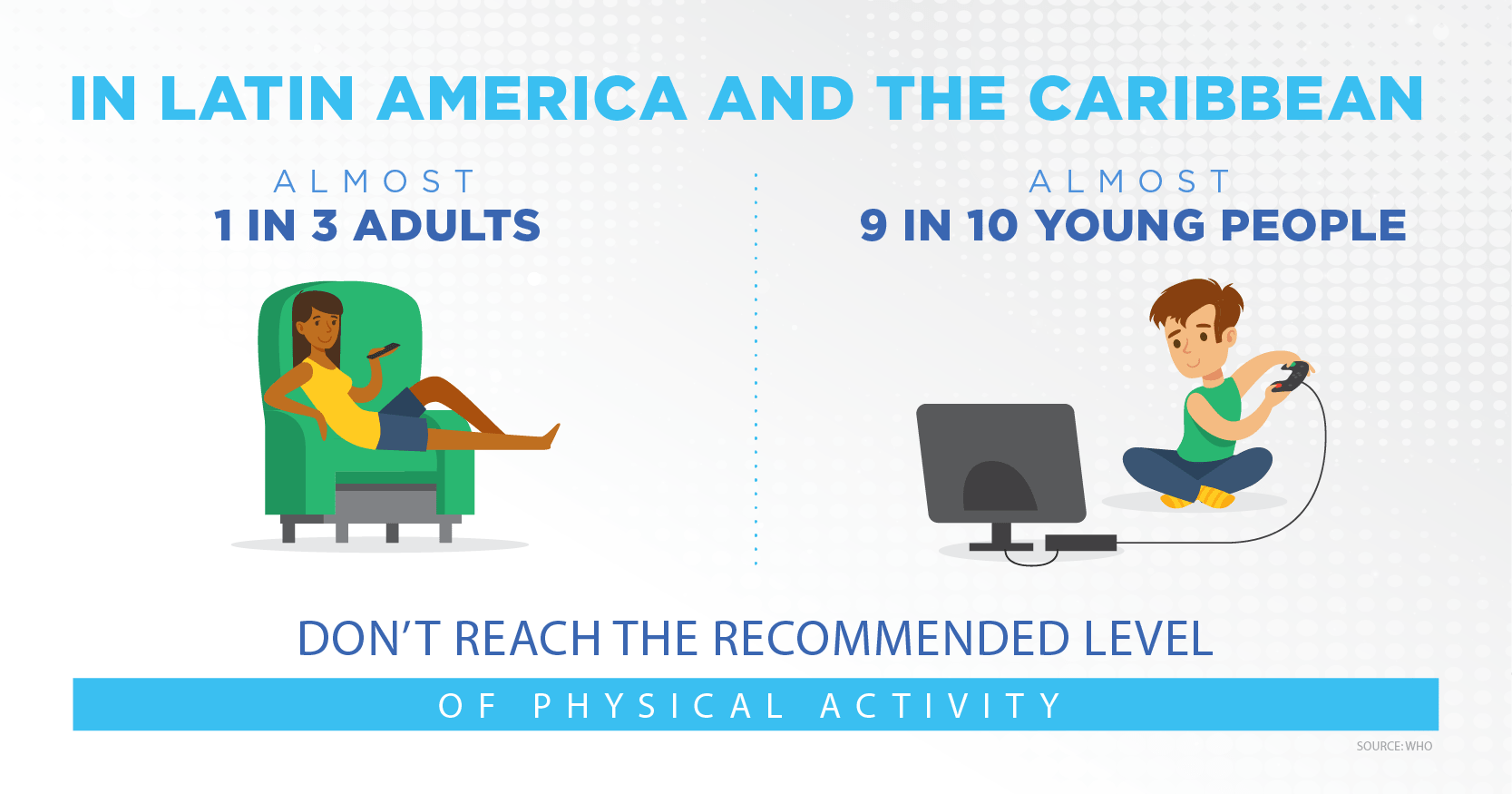It took nearly ten years, a full-blown epidemic and two physicians in the top ranks of government. But after ferocious resistance from the food industry, Chile has put into effect a law that tackles the problem of obesity head-on and is considered by nutrition experts to be among the most, if not the most, stringent law in the world.
The law, which went into effect in 2016 with strong leadership from Senator Guido Girardi, a surgeon, and former President Michelle Bachelet, a pediatrician, requires all products containing high quantities of sugar, saturated fats, calories and sodium to carry black warning labels. It also prohibits their sale in schools and strictly limits the way they can be advertised. It is already making a difference. While it is too early to know whether it will affect soaring obesity rates, a recent study finds the law already has improved the way children think about food and how mothers purchase it, just as the food industry is beginning to overhaul itself for healthier ways.
Not to be outdone, countries in the region, including Mexico, Uruguay, Peru and Brazil, have taken up the battle, with measures ranging from warning labels to soda taxes. They seek to turn the corner on an epidemic that has led one in four adults in the Latin America and the Caribbean to be obese, with potentially lethal consequences in terms of cardiovascular disease, type-2 diabetes and cancer.
The IDB examines the obesity problem as it relates to sports
In 2018, the IDB released a study that addressed the problem from the angle of exercise. The study, entitled Sports for Development, reported that in the region adolescents and adults are below the global average for physical exercise and that more than four-fifths of teenagers do less than one hour of moderate to vigorous physical activity daily, a percentage surpassed only in the Eastern Mediterranean. The IDB found that physical inertia not only endangered health. It also could lead to lower productivity, more sick days, and higher health costs. Still government outlays for sports in the region amount to only around O.1% of GDP, about one-third the amount spent by European nations.
The IDB also has been supporting sports-for-development programs in the region and has recommended pilot projects for exercise programs that would allow the evaluation needed to see what kinds of programs best work.
In the meantime, the efforts of several countries in the region to aggressively deal with the other pillar of the problem—diet—has been impressive. In Mexico a 10% tax on sugary beverages went into effect in 2014 and within a year reduced consumption by 12% with the greatest gains in poorer households. The country also imposed a 10% tax on junk food. Brazil has published voluntary guidelines on healthy eating. Peru and Uruguay are moving quickly to impose warning labels on food, similar to those in Chile. And in June 2018 the health ministers of Mercosur met to consider doing the same in all their countries.
Chile as a leader on obesity
Chile is leading the region and perhaps the world. Its new rules, which include requiring warning signs and prohibiting the use of cartoon characters on products with dangerous levels of sugar and other substances, are having an impact. They have reportedly resulted in a 25% decrease in the purchase of sugar-sweetened drinks and 9% decrease in that of sugary cereals. Mothers say that influences from the media, the schools, and their children have changed the way they shop to include healthier items.
A cultural shift is underway, and it is not too soon. It may take a generation or more for the full effect of new attitudes to be seen. But the example of Chile and the realization that better policies can transform children, parents and the food industry in their approach to food leads to hope that the region can turn the corner on obesity and vanquish its terrible health consequences.




Leave a Reply